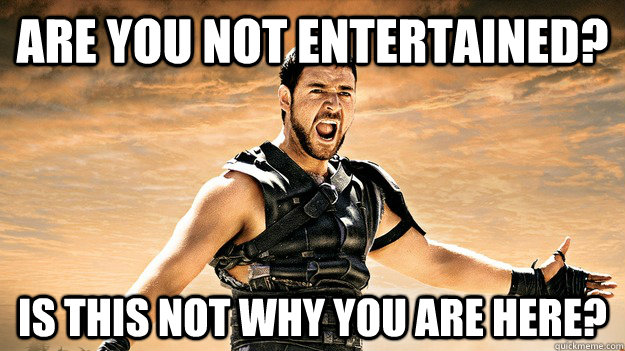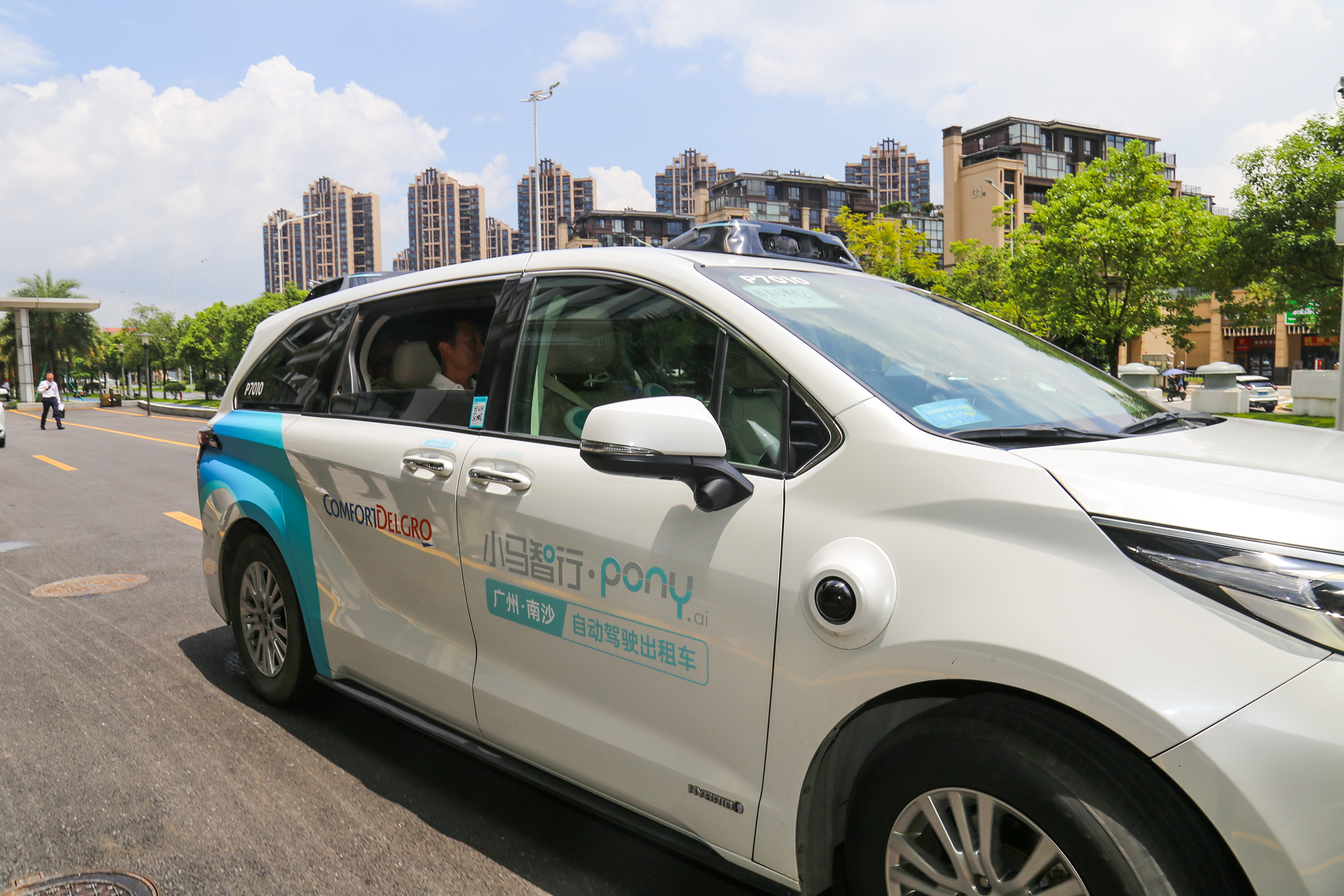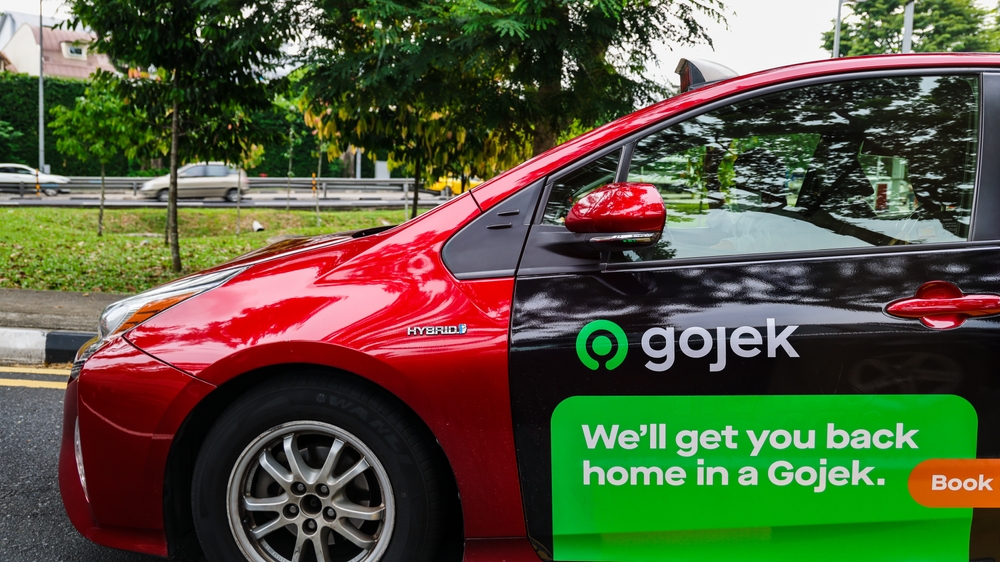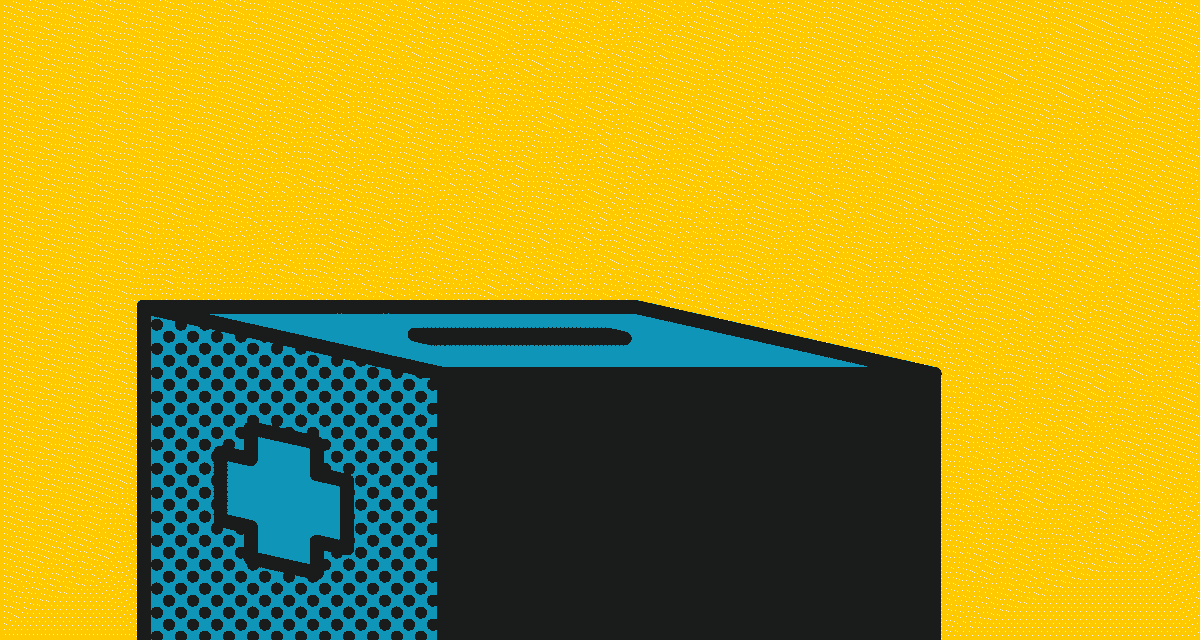
The Internet of Things (IoT) is somewhat a hot keyword right now. With Softbank’s purchase of ARM and startups, and corporations all speaking the same thing about sensors changing the world, I cannot help but take a step back before I end up puking on my shoes from all this technological advancement.
Here’s a definition of IoT provided by trusty Google itself, “A proposed development of the Internet in which everyday objects have network connectivity, allowing them to send and receive data.” What that means, in even simpler terms, is that your toaster will be able to tell your fridge to pop out some butter fast before all you have got left is a piece of cold, crunchy dry bread.
Every single device, somewhere in the future will have sensors, and will constantly be communicating with relevant devices.
Your alarm clock could set off your coffee machine, which could then start your car, which could then set off your garage door opener. Essentially we could connect devices indefinitely for whatever purpose we can dream of.
But the really cool thing that IoT brings is the endless possibilities of optimization. Sensors are now able to tell us when garbage bins are full, adjust street lighting when citizens or cars are not present to conserve energy, or sense when parking lots are vacant and communicate that to drivers. You have to really dive into each and every one of these things to understand the true meaning of optimization.
Let’s talk smart parking.

Smart parking is something I cannot wait for the world to adopt. Not only can users see how many empty lots there are, but it optimizes traffic. How, you ask.
The average commuter spends 10-15 minutes searching for a parking lot. That is terrible news. Some have even concluded that 20 percent of traffic is people looking for parking space! This is a huge problem. A huge congestion-causing, stress-inducing, CO2-spewing problem that needs to be addressed immediately.
IoT will be able to do just that. Our app, mapgea, is currently using the solution. Our app is working with 300+ smart parking lots around Taipei. What that means is that these parking lots can show our users how many spaces are available for rent, updated every two minutes. Soon we will even be able to allow our users to reserve parking spots with a fingerprint via Apple Pay.
Now let’s talk some garbage.

Taipei currently has 1,800 garbage bins. Let’s say we theoretically place a sensor in each of these garbage bins and as of right now, we know the current status of these garbage bins. It’s our job to keep the city clean, so as soon as we receive notice that a garbage bin is full, we rush to it and clear it.
At first this may sound like the solution, but we are wrong. The solution of optimization lies within BIG DATA.
Big, smart, actionable data.
Running to each and every one of those garbage bins when we receive a notice is a terrible idea, and could potentially cause us to be less efficient than our pre-sensor selves.
True optimization is to allow the sensors to do their jobs first, and for us to continue on our day as usual. We maintain our garbage collection routes as usual, but monitor which bins are becoming full. After 4, 6 or even 12 months, we can begin a plan of action. A plan of optimization to truly make a difference.
So we have collected this Big Smart Data for the past 6 months. We then place this data in correlation with our regular waste collection routes. When comparing the routes to which garbage bins fill up most quickly, we can begin to understand how to optimize waste collection routes to avoid full garbage bins! Exciting huh?
I hope so.

With 1,800 garbage bins, over 500 garbage trucks and 1-2 staff in each of those trucks, we are talking big savings, cleaner cities and more revenue from recycling. Now apply that to 10 cities around the world doing the same thing, and imagine how much of an impact that will make to the world! That is one giant sky scraping pile of garbage we just avoided. Scattered on the streets, in our sewers, and then our lakes and oceans. Circle of life dude.
But this reality may not be so apparent just yet.
As you are probably thinking by now, when is this dude going to start talking about this ridiculous “Internet of People” thing. Well, the time is now.
As awesome as IoT and the smart cities and homes that follow with it are, we are still a long way from it. Most of this technology has yet to be manufactured, much less adopted. By the time these technologies will be in full force, it will be 2020(ish).
Until then, I have a proposition. The Internet of People.
As much as I would have loved to coin the phrase, it is something that was talked about a couple years ago and died before it could become anything. However, our team is now working around the clock to make this a reality. We believe that people can act as these sensors.
We have enabled people to let their cities know about full trash bins, dirty washrooms, potholes and have been working even harding getting these smart parking lots in users’ hands to help spread the cause.
From now until 2020(ish) when IoT starts to get its twerk on, we believe that we can enable citizens to do just the same with little to no investment. We launched our beta version 60 days ago and have over 1,000 active users. Currently we are only in Taiwan, but are expanding globally over the next couple months to Singapore, London, France, Canada and the US.
I would love to hear your thoughts on this, feedback for our app, or just say hello!
Thanks for reading!
Recommended reads
 ComfortDelGro deploys commercial robotaxis in Guangzhou
ComfortDelGro deploys commercial robotaxis in Guangzhou Take a peek at how the managing director of a global firm works from both office and home
Take a peek at how the managing director of a global firm works from both office and home Gojek to up service fee in Singapore starting February
Gojek to up service fee in Singapore starting February Short story: The G in the V
Short story: The G in the V ChatGPT works scarily well, but can we trust it?
ChatGPT works scarily well, but can we trust it? A VC asked me not to use the ‘N-word.’ He meant nipple
A VC asked me not to use the ‘N-word.’ He meant nipple How Swiggy blitzscaled to 500 cities in under 2 years
How Swiggy blitzscaled to 500 cities in under 2 years Recession Watch: The bright spots in Southeast Asia
Recession Watch: The bright spots in Southeast Asia Indian healthtech firm to raise $10m in fresh funds
Indian healthtech firm to raise $10m in fresh funds NTU, SG greentech firm to launch $4.3m textile research center
NTU, SG greentech firm to launch $4.3m textile research center
Editing by Sim Yanting
(And yes, we’re serious about ethics and transparency. More information here.)









